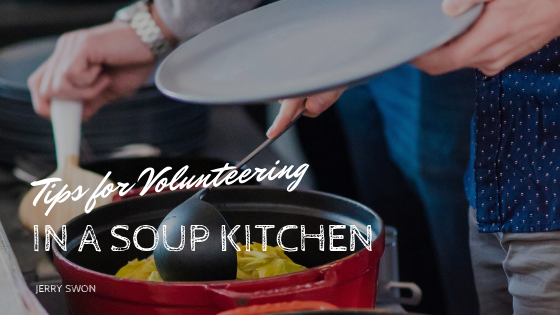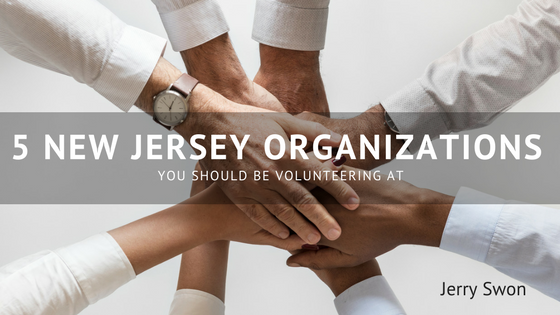To say that COVID-19 has had an affect on everyone would be an understatement. There isn’t a single industry that hasn’t been impacted by the virus. While there has been a significant rise in philanthropy over the past several decades the pandemic has created a major need for more giving.
As the nation experienced major shutdowns millions of American people were left out of work and without pay. Although so many were left struggling there was an immense number of those willing to offer a helping hand. People donated what they could to food banks and handed out meals, masks, and hand sanitizers. Furthermore, corporations stepped up and gave large amounts of money to foundations and nonprofits.
Thus, COVID relief donations had reached $7.8 billion dollars by the middle of April. 60% of those donated dollars were reported to be from corporations, businesses, and religious organizations in the United States. Now, well into October the unemployment rate is continuing to jump, however, thankfully, so has the number of people who are donating their time and money to help others.
It is clear that the pandemic has caused a shift in philanthropy. Many of the country’s wealthiest people have altered their priorities and found ways to give back in the present, instead of donating money towards things that may not come to fruition for years to come.
There is a link to global health and economic prosperity which has only been highlighted during the global pandemic. Many leaders in philanthropy have moved to more transparent positions, inspiring others to do the same. Philanthropists such as MacKenzie Scott and Jack Dorsey made major contributions and commitments, publicly, setting a new standard among their wealthy peers.
Even Forbes has changed and redefined the way that it measures philanthropy. Whereas the amount of money a foundation had used to be used to measure the organization’s charitable acts, now Forbes is focused on judging the actual amount of giving that takes place. Other companies will surely follow suit, helping to make philanthropic acts happen faster and have a further impact.
People around the world have realized that everyone can make a difference and come to fully understand the importance of giving. There are a plethora of ways to contribute to one’s community and even people who are struggling themselves have stepped up to participate in philanthropy. Although the pandemic is still creating new challenges every day, it has altered the future of philanthropy in beautiful and important ways.




